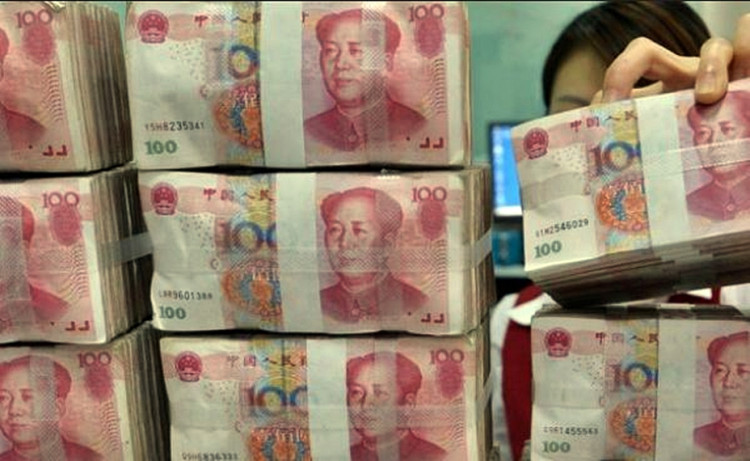The Bank of Korea forecasted that South Korea's economy might feel negative effects from the plan of China for deleveraging.
According to the Bank of Korea, South Korea will likely to experience such adverse effects because its economy is very dependent on China.
It is also projected that it is possible that the growth of South Korea's Gross Domestic Product (GDP) might be 1.2 percent lesser in 2020 than that of 2018. Also, a 0.3 percent less is also expected this 2018 for South Korea's GDP growth. Economic experts based these projections on China's plan to cut risks in its finances through deleveraging.
As an initial course of action during this seemingly escalating tension in global trade, the South Korean government cut down its forecast of GDP growth to 2.9 percent from its earlier target of 3 percent for 2018.
China's plan for deleveraging was prompted by imminent threats of a financial crisis brought mostly by corporate debts and shadow banking. Since the proliferation of these financial risks, the Chinese government has been deadest in preventing these risks to happen. It is within the top priority Chinese policymakers to make sure that such risks will not impact China's economy.
China President Xi Jinping started taking measures in 2016 about the financial market of China. To recall, initial appropriate actions in curtailing risks on the financial crisis in China's economy started way back in 2016. As a result, China has been experiencing an ample amount of bond defaults starting January 2018. Business trades with neighboring countries, especially South Korea, started to experience the tension brought by China's actions amid financial tension.
According to the Bank of Korea, some Korean companies, which have invested in the debt of Chinese firms, are starting to experience the crisis. One good example for this is the Korean brokerages that have put huge investments in the debts of China Energy Reserve and Chemicals Group, Co.
Meanwhile, the Bank of Korea believes that the Chinese government still applies a so-called "natural remedy" of restricting shadow companies despite the status quo that China's corporate debts are still lower than in other countries.
South Korea's concerns on international trade relations are not only delimited with that of its own but also with the ongoing tension in the trade relations between China and the U.S. Since April 2018, the South Korean Government are taking precautionary measures against weak inflation, debts and in the increasing international trade tension between the U.S. and China.





